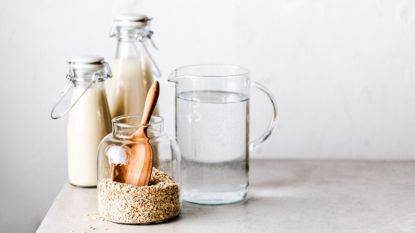What is Long Covid and What Can You Do About It?
For some, symptoms may persist beyond three weeks of infection.

Typically, those infected with the Covid-19 virus are able to recover within two weeks of when symptoms first start. Cases that are more severe have lasted up to six weeks. However, more and more people have reported experiencing symptoms for many weeks or months after contracting the virus, and health officials are now referring to this as “long Covid.”
Long Covid is described as flare-ups or continuous symptoms of the virus like fever, headaches, fatigue, and anosmia (loss of smell/taste). According to data from one Covid symptom study, one in 10 people still have Covid-19 symptoms after three weeks of contracting the virus. What’s worse is that healthcare professionals aren’t sure why the symptoms persist and are left unable to help those who are struggling to go about their day to day lives.
As of now, enough research hasn’t been done to determine what puts someone at risk for long-term Covid symptoms. However, some experts speculate that it could have something to do with BMI (body mass index), age, gender, other health conditions, or ethnicity.
Since the research is still being conducted, there aren’t yet any proven treatment options for long Covid. However, as the condition may cause physical and mental distress, public support groups have formed to help those who are struggling. One group called Long Covid Support now has over 20,000 members, most of whom were never hospitalized. Here, people are able to share their stories in a public forum and connect with others who also have the condition.
The best way to protect yourself from long Covid is to follow the recommended guidelines from the CDC for prevention. Wear a mask when you’re in public, wash your hands frequently, and be sure to follow appropriate social distancing measures. Just as well, research has shown that taking the right vitamins and supplements may help not only reduce your risk of getting sick, but could also improve Covid outcomes and lessen the severity of symptoms should you contract the virus.
If you suspect that you’re struggling with long Covid, consider joining a support group. Having a community to connect with can help you stay on top of the latest research as well as provide an outlet to deal with the stress that comes along with it. And of course, keep an open line of communication with your healthcare provider so that, as more research is done, you can be first in line to receive the treatment you need.













